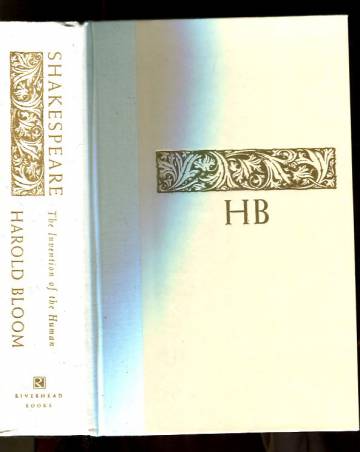
Wolfgang Iser's Reader- Oriented Critical Theories * The polemics of Text and Readers in Hans Robert Jauss' and * The Goals and Discourses of Diana Abu-Jaber's Crescent and * Auxiliaries in Turkish and English: Contrastive Analysis

Khaled Abu-Abbas, Muhammad Badarneh and Wael Zuraiq The United States: Structure and Motivations * Code-Switching in the Speech of Native Speakers of Arabic in * The Artist's Predicament in Hawthorne's Story 'The Artist of * De l'Elégie Antique A l'Elégie Romantique * L’acquisition de la langue maternelle chez l’enfant Les tâches dans un cours de français langue étrangère (FLE) à * Pour une nouvelle perspective d'apprentissage : l'approche par * Etude contrastive de trois traductions Françaises

* L’aspect extralinguistique de l’acte traduisant The chapter that he devotes to demonstrating this thesis positively abounds with sociological documentation about the history and future of the Jew that would do credit to any “nouveau historicist.” When he deals with other minorities, Bloom celebrates a notion of the human that might best be characterized as old-fashioned Eurocentric humanism, a blind, self-deceptive ideology if ever there was one. He is selectively “historicist,” when the ideological cause moves him, as it does frequently in his penetrating analysis of The Merchant of Venice, where he declares, “Shylock is the first of Shakespeare’s internalized hero-villains” (11). Of course, Bloom does the same thing on occasion.

In so doing, they rob the Bard of his “universal” appeal and “human” content. In the introductory chapter of his best-selling book, Shakespeare: The Invention of the Human, Harold Bloom decries the hijacking of “universal” Shakespeare by “French” theorists-presumably New Historicists, feminists, and cultural materialists-who “begin with a political stance,” go on to “locate some marginal bit of English Renaissance social history” to prop up their theory, and then read the ideology back into the play (Bloom 1998, 9).


 0 kommentar(er)
0 kommentar(er)
